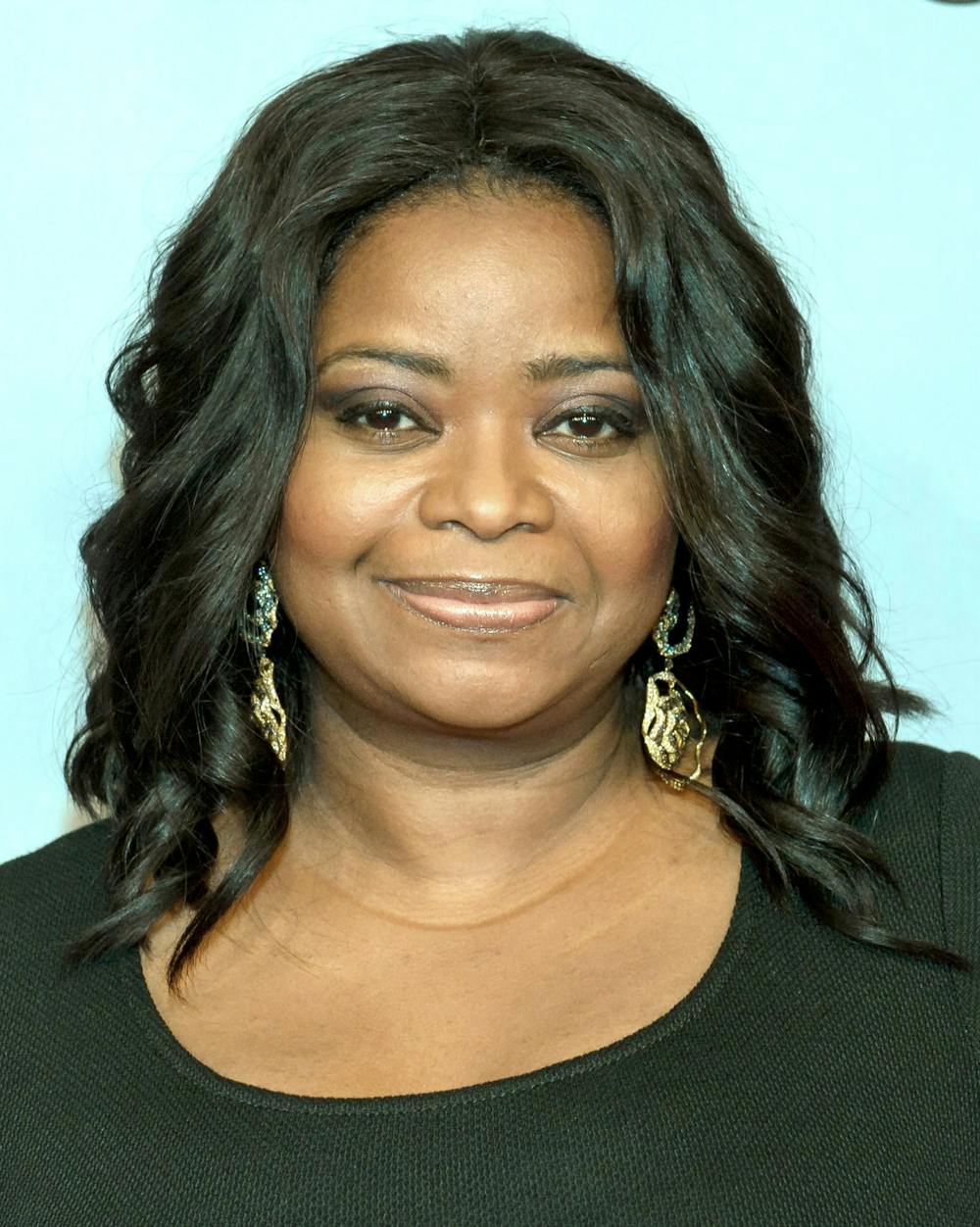Last week, my journey in quarantine-watching began with the Netflix show Self Made, a miniseries released on March 20. The show explores the life of Madam C.J. Walker, who is considered to be the first self-made female millionaire in the United States.
Before I started the show, I did some research on Walker, and after delving into her fascinating life, I was (more than anything else) shocked by how there hadn’t already been multiple movies about her life — despite growing up in the Jim Crow-era south and initially working as a poor, black washerwoman, Madam C.J. Walker went on to create a hair care and beauty empire, becoming one of the richest women in America. This seems like the kind of story waiting to be a contemporary bestseller.
Unfortunately, this first major portrayal of Walker didn’t really live up to reality, largely thanks to its brevity and faulty pacing amid dealing with multiple themes and storylines. However, this miniseries was nonetheless an insightful exploration of colorism and feminism and featured an excellent performance from Octavia Spencer.
The first shocking thing about the show was that, unlike the typically unending streams of content and long shows that Netflix gives us, Self Made is only four episodes long. This is not necessarily a bad thing, but the show felt hampered by its brevity; it only portrayed the life of Walker after marrying her third husband, and instantly skipped from her starting her first factory to the year of her death. When the show attempted to expand on her past, like in short flashbacks of her parents when she was a child in chapter four, it felt forced, and still too insignificant to allow for the Walker’s character to be more fleshed out. Even after all those episodes, we never genuinely get to understand what led Walker to be so stringently independent and entrepreneurial.
Further, despite the show trying its best to fully explore themes like being queer during the Harlem Renaissance (through Tiffany Haddish’s character Lelia), the Jim Crow lynchings, colorism, the controversial politics of respectability and upliftment in black America at the time (through Roger Smith’s portrayal of Booker T. Washington), and feminism, it was bursting through the seams in trying to give all these themes a fair portrayal. There was also a situation wherein the show spent around half of its time in the last chapter on Walker’s divorce with her husband, only to then abruptly cut to a scene lasting less than five minutes for the funeral of a friend who had been lynched. Although I can of course acknowledge that it was a laudable goal to explore all of these aspects of life at the time, sometimes the execution just felt abrupt and tacked on.
However, I do want to acknowledge that there were some standout elements of the show. For one, its nuanced discussion of colorism. Walker’s main rival in the beauty business is Addie Malone (played by Carmen Ejogo). Early in her career, she was Walker’s mentor and gave her hair treatments in exchange for Walker washing her clothes. But when Walker wanted to work with Addie to sell her product, Addie said no because she only wanted black women of a lighter complexion, and therefore straighter, more Eurocentric hair, to sell her product. Addie tells Walker, “Colored women will do anything to like me. Even though deep down they know they can’t.”
Walker resolves to start her own company after this slight, and after working for years, she begins to outsell Addie. But this financial victory is not enough; she knows that she needs to try to change the image of black beauty through her power, which she does. In one scene, Walker tells her daughter Lelia about her mission.
“Everybody wants a light, bright gal with silky hair. You and me gotta work harder, be smarter,” she said. “[And] from now on I’m putting my face on all my ads, all my tins.”
And yet, the show leaves some space for reconciliation with Addie in chapter four, with Walker summing it up: “Let it go. White folks out here killing us. We have got to stop fighting over things that don’t matter.” A call for overall black unity and acceptance in the face of white supremacy.
Now the reason that I have only quoted Walker’s lines, besides her being the protagonist of the show, is that the Octavia Spencer’s portrayal of Walker was mesmerizing; she shone as equal parts industrious, stubborn, loving and fiercely independent, and captured the screen in every moment she was on it. However, I must also acknowledge Haddish’s affectionate portrayal of a queer and equally independent Lelia, and Blair Underwood’s performance as the initially loving and supportive, but ultimately cheating and jealous husband, C.J. Walker.
While I can appreciate the reasons behind cramming all these ideas and plots into a four-part miniseries, I felt like it derailed what could have been a more compelling, insightful portrayal of the life of one of the most fascinating women in American history.





